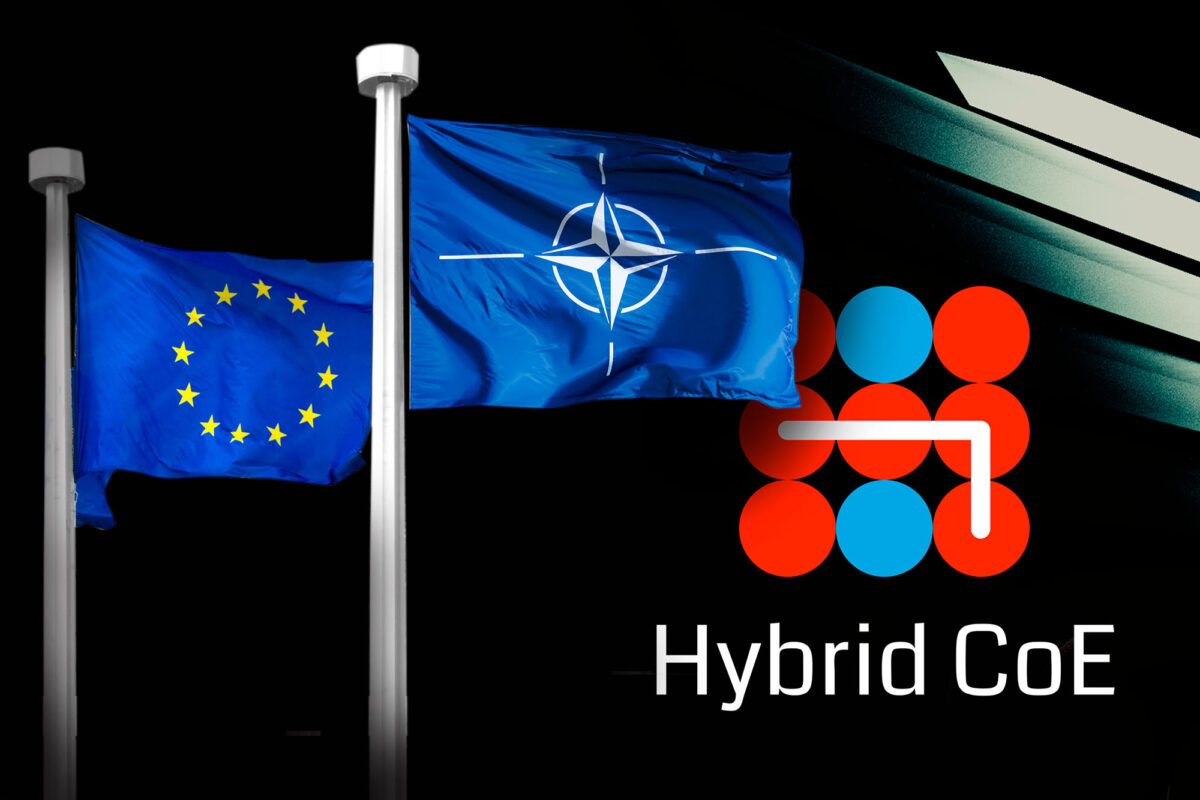The official inauguration of Hybrid CoE will take place in October, attended by high-level representatives of the EU, NATO and the host country. EU–NATO cooperation is a key challenge for countering hybrid threats – and a major opportunity for the Centre’s activities.
On 11 April, the EU and NATO welcomed the establishment of the European Centre of Excellence for countering hybrid threats, which will contribute to the strengthened cooperation between the EU and NATO. While not signatories themselves, NATO and the EU will participate actively in the Centre’s activities and are invited to support the Steering Board with their expertise.
The High Representative of the Union for Foreign Affairs and Security Policy and Vice President of the Commission Federica Mogherini said on the occasion: “As the European Union, we will grant our full support to Finland in driving the new Centre of Excellence for countering hybrid threats forward to a full operational capacity and in its future work in delivering expert strategic analysis on countering hybrid threats, which will contribute to security in Europe. The establishment of the Centre in Helsinki will further strengthen EU–NATO cooperation, particularly on one of the greatest challenges in today’s world. ”
The EU is looking forward to being able develop a close working relationship, drawing in particular on the experience gained through the European Union Hybrid Fusion Centre that operates at a technical level in Brussels.
Countering hybrid threats is a priority also for NATO, as they blur the line between war and peace – combining military aggression with political, diplomatic, economic, cyber and disinformation measures. NATO’s counter-hybrid strategy includes strengthened coordination with the European Union, and also involves our new Intelligence Division, more training and exercises, and our work to actively counter propaganda with facts.
As with other entities already contributing to NATO’s efforts to counter hybrid threats, a working relationship could be developed with the Strategic Communications Centre of Excellence in Riga, Latvia, and the Cooperative Cyber Defence Centre of Excellence in Tallinn, Estonia.



